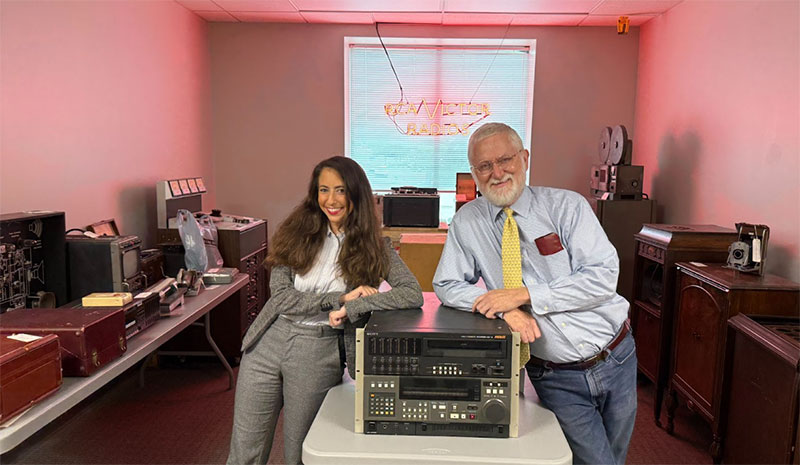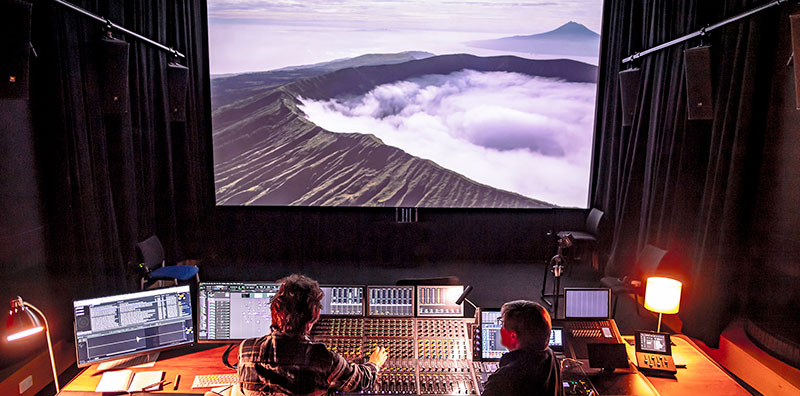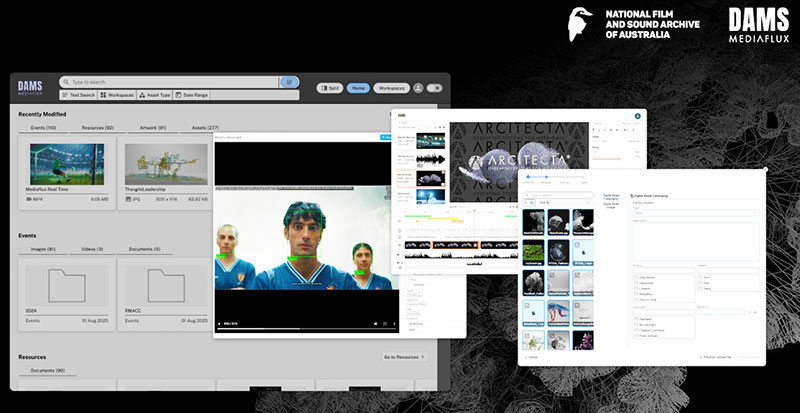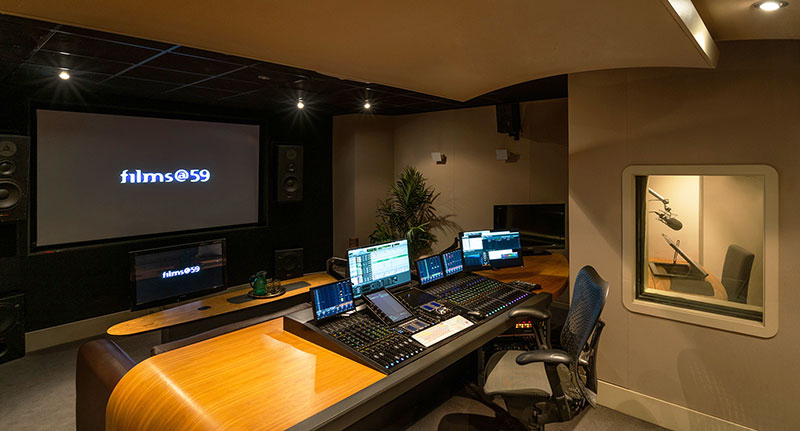Leeds Trinity University recently invested in EditShare High Performance NVMe and Nearline Storage to update its media production capabilities and meet growing demands for content.

Leeds Trinity University has recently updated its media production capabilities to meet growing demands for media content. The university was recently ranked No. 1 in the UK for Journalism by The Guardian’s University Guide 2025, due in part to its commitment to equipping students with modern, professional-grade tools for content creation, and wants to hold onto that position.
The upgraded system improves on the existing system’s performance and scalability. Its foundation is EditShare EFS NVMe architecture combined with new nearline EFS nodes, delivered in collaboration with channel partner Altered Images.
In response to the need to increase bandwidth and performance for a bigger number of simultaneous creative users, Leeds Trinity University looked for a way to combine cost-effectiveness with speed. The decision to purchase EditShare equipment was influenced by the proven track record of the EditShare production storage nodes that had been in use at the University earlier on.
EFS NVMe Architecture
Based on NVMe SSDs for extremely fast media read and write functionality, users can access multi-layered, multi-user media production projects through centralised storage. The high-bitrate, high-throughput shared storage means the university’s editors can work on high-resolution video and VFX projects simultaneously and avoid video playback issues caused by network congestion or oversubscription.

For complex VFX or real-time editing tasks, EFS NVMe shared storage delivers smooth multi-layer playback and fast access to original media assets, and it can be integrated into the existing EFS storage clusters. This factor will make it possible to expand the storage capacity and accelerate their workflows with minimal disruption while maintaining a single global namespace across all tiers of storage.
More Simultaneous Users
As well as supporting larger groups of simultaneous users, the upgrade addressed the need to handle more high-resolution media streams. The NVMe architecture, optimized by EditShare’s media-aware EFS file system, delivers the bandwidth and low-latency access required to handle these demands.
The EFS Guardian analytics platform with its EFS Monitor feature periodically samples the system state, including the amount of CPU, memory, and disk space being used. This helps users manage the quality of real-time playback when setting up high stream counts, even with uncompressed 4K or 8K footage.
Connections to editorial, grading and finishing systems are also supported. The platform’s compatibility with many different creative applications makes collaboration and media management more efficient across diverse environments.
Near-line Data Protection
To complement this, EditShare’s EFS near-line system serves as robust, convenient data protection. Near-line storage nodes added to the EFS cluster can be used to temporarily store unused media assets and project components to free online storage. It may be operated independently for disaster recovery or daily incremental backups.
The system, which went live in September, has seen success for Leeds Trinity’s media operations in terms of greater bandwidth allowing more users to access the system without compromising performance. The daily backups have also helped the media production team ensure data security and continuity.
“The recent classification by The Guardian as the No. 1 University in the UK for Journalism is in large part due to the facilities we provide, of which EditShare is central,” said Mark Willett, Media Facilities Manager at Leeds Trinity University. “We are now the first university in our region to adopt this technology. Our new EditShare system improves our capabilities and strengthens our commitment to supplying the best possible resources to students and staff to achieve their goals.” editshare.com



















